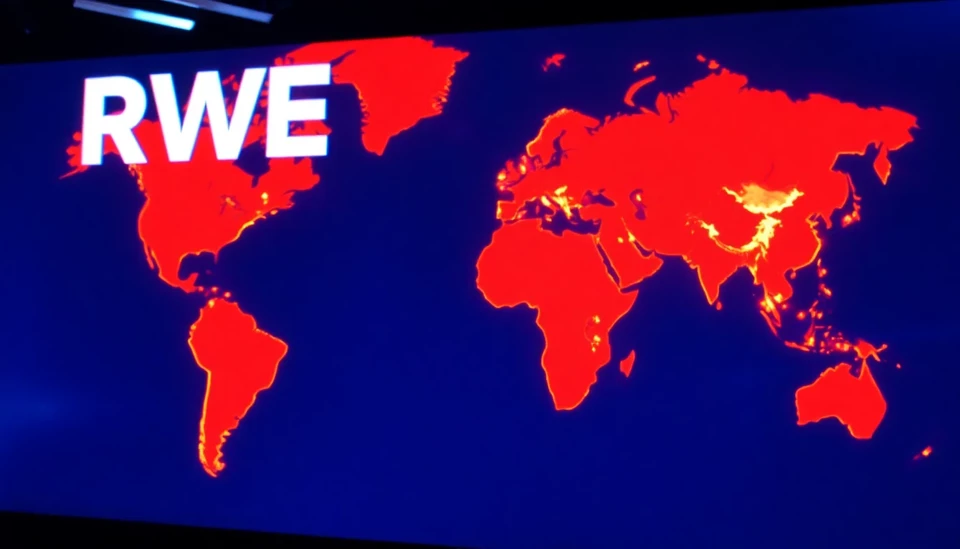
As Germany embarks on a critical phase of its energy transition, RWE CEO Markus Krebber has articulated the urgent necessity for a comprehensive plan to replace the energy output from the country’s nuclear and coal power plants. Krebber warns that without a strategic framework, the nation risks facing significant energy shortages and increased reliance on fossil fuels.
During a recent media briefing, Krebber emphasized that Germany is at a pivotal moment where the phase-out of coal and nuclear energy sources could leave a considerable gap in electricity generation. He pointed out that these conventional sources have been the backbone of the country’s energy supply, and their elimination without an adequate substitute could have dire consequences for energy security.
Germany's ambitious climate goals, aiming for a greener energy grid, have led to a timeline for the closure of nuclear facilities by the end of 2022 and a coal phase-out by 2038. While this shift intends to elevate renewables like wind and solar energy, industry leaders caution that current renewable infrastructure is not yet equipped to sufficiently cover the demand that will be lost from shutting down traditional plants.
Krebber suggested that policymakers must not only expedite the expansion of renewable energy farms but also integrate energy storage solutions and grid enhancements. This multifaceted approach would ensure a stable energy supply and accommodate fluctuations inherent in renewable energy production.
The call for a clear, actionable plan comes amid increasing pressure from both the environmental community and industry stakeholders. Krebber's concerns echo sentiments shared by others in the energy sector, who fear that a lack of cohesive strategy could lead to energy supply disruptions, price spikes, and hinder Germany’s goal of achieving carbon neutrality by 2045.
Furthermore, Krebber's statements align with rising public discourse surrounding energy independence and sustainability. The CEO insisted on the importance of a timely dialogue among government officials, energy providers, and consumers to foster a collective understanding of the necessary steps moving forward. The RWE head urged that involving all stakeholders will be key to designing an effective transition framework that not only meets energy needs but also upholds Germany's climate commitments.
As Germany stands on the brink of this energy revolution, the next steps in energy policy and planning will be critical in determining the success of the nation’s ambitious goals. Industry leaders like RWE’s CEO stress that immediate action is vital to safeguard against future crises as the world faces an increasingly uncertain energy landscape.
The call to action from Krebber is a timely reminder that while Germany’s green transition is essential, it must be managed carefully and strategically to ensure a balanced and reliable energy supply for all its citizens.
#Germany #EnergyTransition #RenewableEnergy #NuclearPhaseOut #CoalPhaseOut #RWE #MarkusKrebber #ClimateGoals #EnergySecurity
Author: Samuel Brooks




